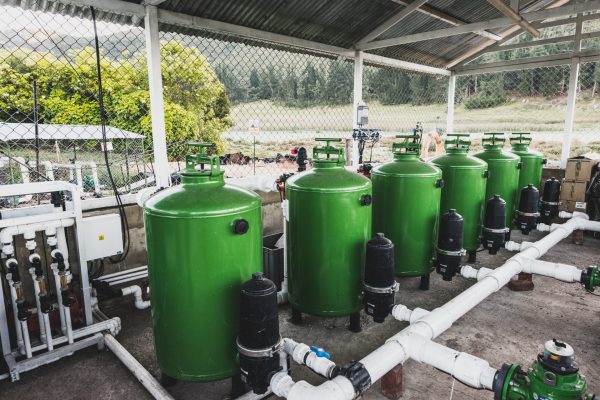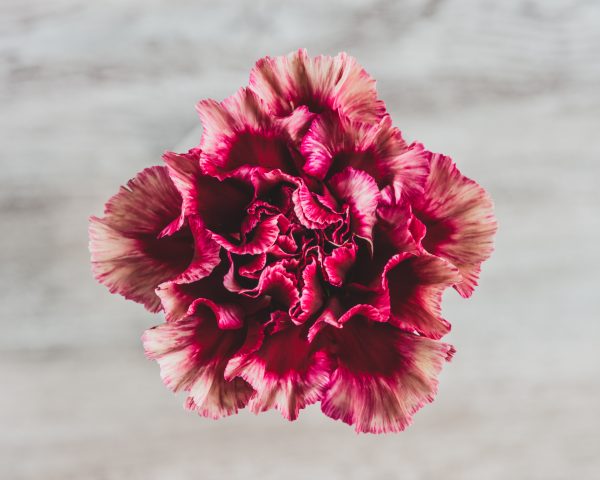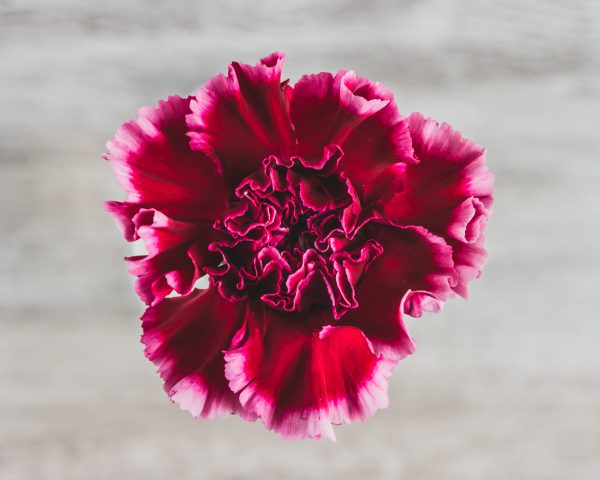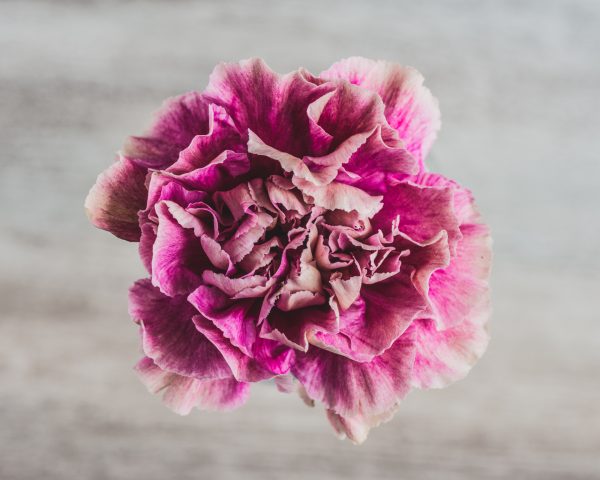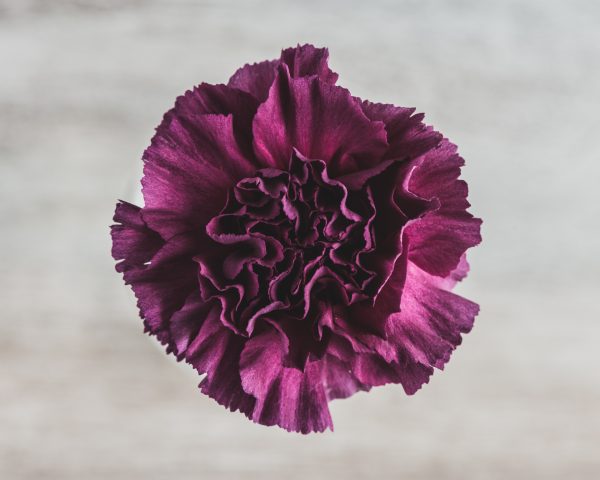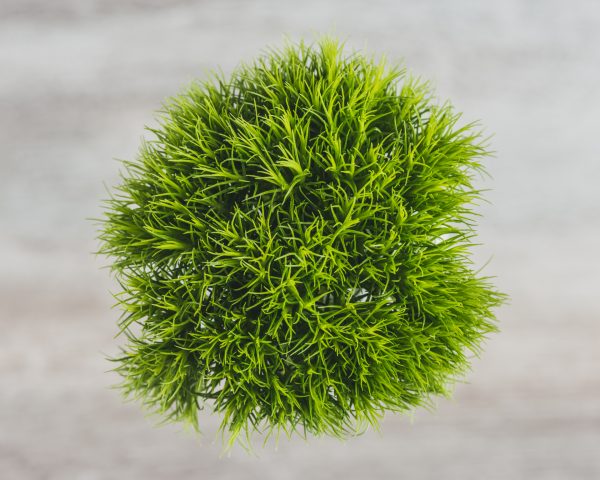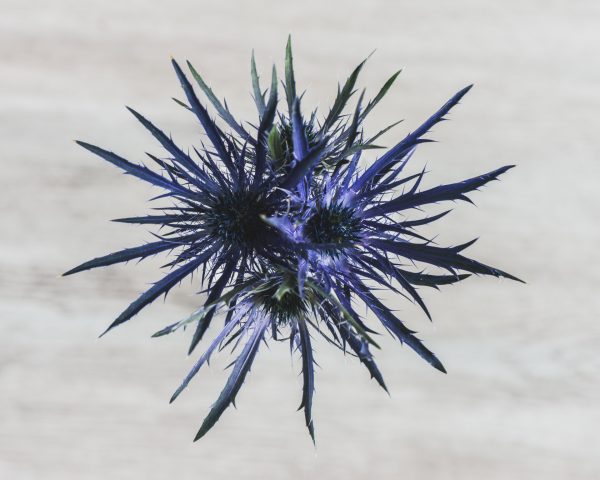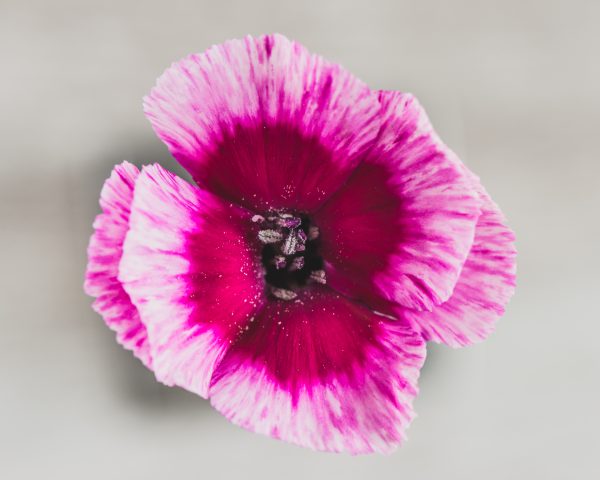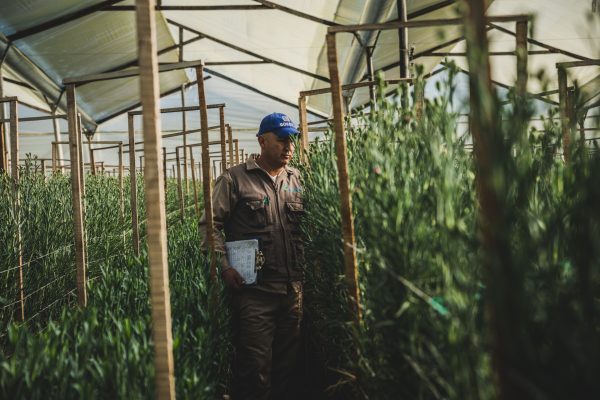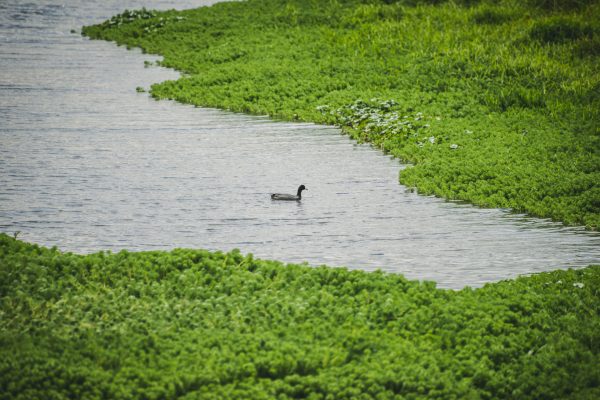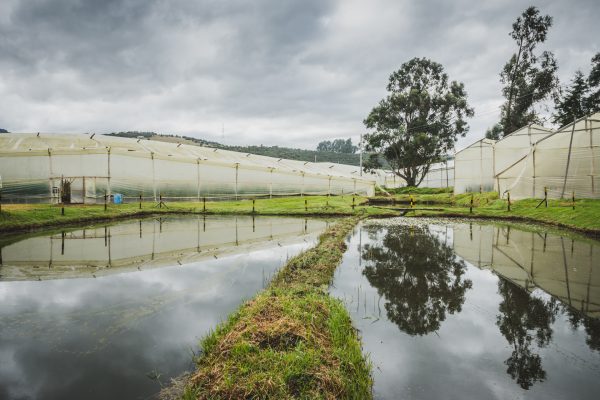History
Flower production on the farms began 30 years ago and has expanded to more than 120 acres of planted flowers and 500 employees. Charme started in 2016 with the objective of facilitating the commercial communication, importation, domestic logistics, and back office administration to provide a better customer experience for our clients in the North American region.
We also produce a wide assortment of general market bouquets and client specific bouquets. We distribute both wet and dry throughout the US and Canada are well-known for our superior product and service quality.
Staying ahead of the game is part of our company DNA. We utilize a proprietary software package to process orders and insure important details such as exact color breakdown, packaging, and cut stage for each client are met.
Computer programmed and controlled irrigation and fertilization provide a more precise hydroponic production system with less manual labor and a higher degree of flexibility. In 2017 we installed a private weather station on each farm, in order to monitor the temperature and humidity and react in real time.
It is our policy to change 20% of the varieties every year to keep a fresh modern look to the product. We choose our varieties based on their beauty and perceived market demand, and not necessarily by production yield or disease resistance.
We are proud of our substrate recycling plant, as it allows us to reduce production costs and environmental waste. Our substrate product has been tested and approved on our farms and other neighboring farms for various varieties.
In 2014 we imported sophisticated automated grading and bunching machines from Holland that allow us a high level of consistency with our flower grading and bunching. The machines also increase our efficiency, help to maintain low production costs, and allow us to adequately manage increased volumes during peak demand periods.
Unlike many companies in the industry we strive to produce an attractive color breakdown every week of the year. While the holidays are important to our company we choose to invest in colors other than those that have limited demand throughout the course of the year. This insures that we have good products for the holidays, while also having interesting in-demand products every week of the year.
We run two linear programming software programs to better forecast demand. Each individual market we serve is mathematically simulated two years in advance to make sure the desired colors and volumes will be available. This results in our customers receiving 100% of their flower needs, while reducing excess inventory for our company that could depress market prices.
We offer a 12-day vase life guarantee for our carnations and mini carnations and a 6-day guarantee on roses and bouquets. An independent surveyor visits our production facilities twice a year to carry out an onsite inspection to certify the vase life of our products.
A multidisciplinary team tests all of our varieties four times a year to evaluate vase life, color attractiveness, yield, stem length, stem weight, and disease susceptibility.
We have a fulltime expert quality control team that examines all of our flowers during the entire production process from greenhouse to shipping. This insures that customer´s expectations in regards to the quality specifications are met, and allows us to boast a 1% overall company claim rate. More and more we hear “we love your flowers.”
Sixty percent of our water consumption comes from rain water and forty percent comes from wells. Water is our most precious resource and thus we dedicate significant time and effort to recycle as much as possible and minimize any loss.
Recycling growing substrate decreases our environmental footprint, allows for a more sustainable production system, and even helps reduce costs.
A trust has been established in 2018 at farm level to encourage and partly finance housing for the employees in cooperation with Habitat for humanity, an international NGO based in Americus, GA with a presence in 70 countries and proven experience.
Lunch is subsidized at the farm level and employees pay only US$1.10 for a warm meal, produced in our own cafeterias.
Our production is Rainforest Alliance certified, which guarantees compliance with good social and environmental practices.
We currently supply educational aid to some members or our workforce and are working on improving our current program organization in order to scale up the program.

